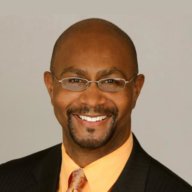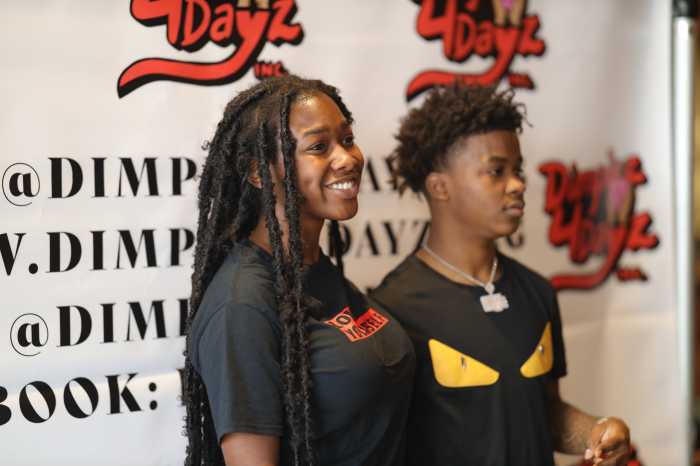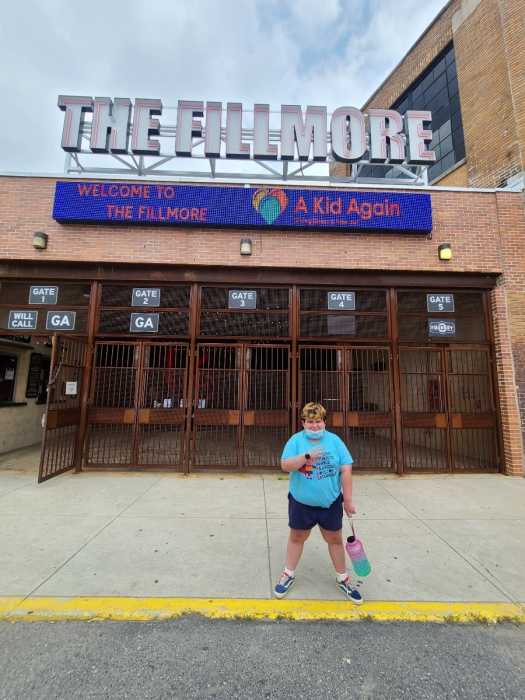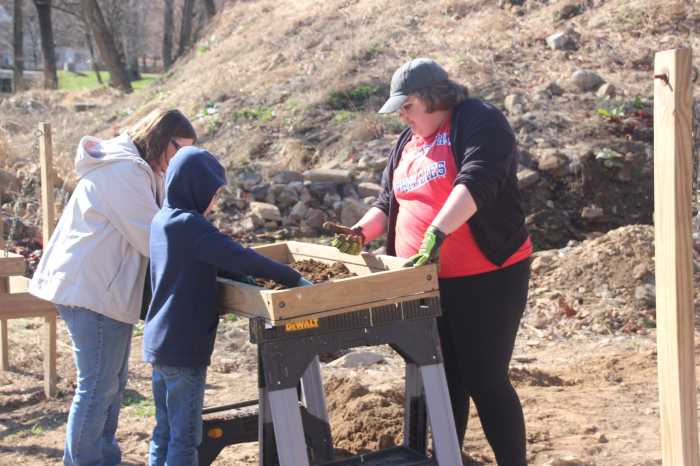Long before diversity, equity and inclusion became buzz words, Kelly Woodland was trying to recruit people of color to majority-white institutions and posing tough questions at meetings.
The work he and many others were doing was unpaid and often unappreciated, added Woodland, a Black man who has worked in Philadelphia-area nonprofits for more than three decades.
“Every job I’ve had, I’ve always done DEI,” he told Metro. “I’ve always worked to create access, create opportunities to ensure that there was broader representation.”
Now, he has an official role. Woodland was recently hired as the United Way of Greater Philadelphia and Southern New Jersey’s manager director of leadership equity, a position created after a June report showed a disconnect between Black-led nonprofits and funders.
Woodland, who helped commission that study, plans to develop a leadership equity center within the United Way that he envisions serving as a conduit between Black and brown nonprofit leaders, philanthropy and communities.

“When you look at the nonprofit sector, many of the people who are recipients of services are Black and brown,” he said. “Why can’t the people who are leading the solutions and the interventions look like the people who are being served?”
Minority-led organizations, he said, can be more willing to engage with community members to make sure services are delivered appropriately and respectfully.
“Many leaders of color have that valuable lived experience to leverage in supporting vulnerable communities,” Woodland said.
Woodland most recently led an afterschool program in Philadelphia and Camden and previously worked for the William Penn Foundation.
He said he intends to use the report, which was funded by the United Way and based on interviews with 16 Black executive directors, as his marching orders for the new job.
Among the study’s findings is that funders are less likely to trust Black nonprofit leaders and more often view their organizations as risky investments. In addition, researchers discovered that philanthropists and Black directors usually move within different social circles.
Woodland said the leadership equity center is going to hold quarterly “get-to-know-you” events to facilitate introductions.
Recommendations in the report encouraged foundations to review their funding practices and implement more flexible, long-term funding to allow nonprofits to build capacity.
Woodland said United Way’s new hub will push for those changes, which should allow smaller Black-led organizations stuck in what he refers to as a “grassroots purgatory” to serve more people.
The research followed a 2016 study that found that local nonprofits with Black leaders had fewer staff and volunteers, less money in the bank and more fundraising challenges than white-led organizations.
“It’s not good enough anymore to be able to say, ‘Well, we’re serving that community and that community is Black and brown,’” Woodland said. “We’re not just problems. We’re problem solvers.”




























